Often the hands will solve a mystery that the intellect has struggled with in vain
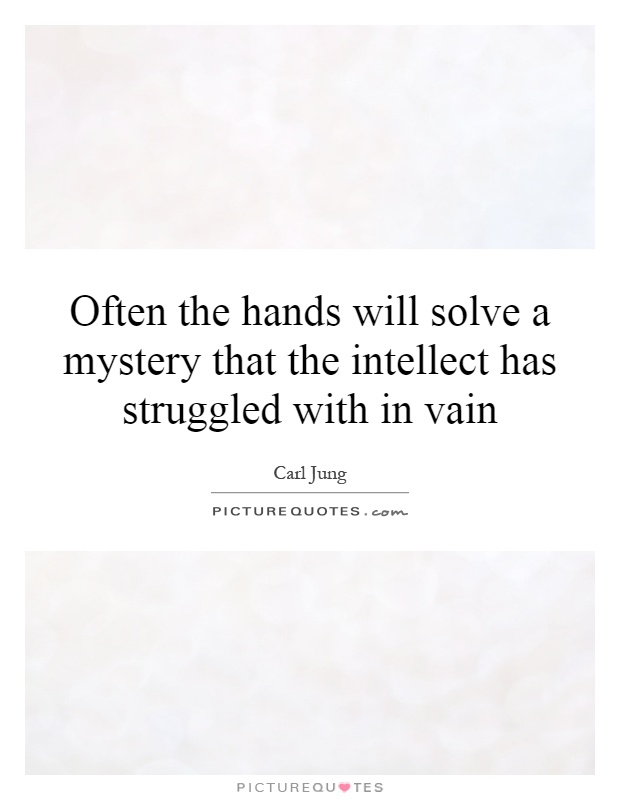
Often the hands will solve a mystery that the intellect has struggled with in vain
Carl Jung, the renowned Swiss psychiatrist and psychoanalyst, was a firm believer in the power of the unconscious mind and the importance of integrating the conscious and unconscious aspects of the self. He often emphasized the significance of symbols, dreams, and creative expression in accessing the deeper layers of the psyche. In this context, the quote “Often the hands will solve a mystery that the intellect has struggled with in vain” takes on a profound meaning.Jung believed that the hands, as instruments of action and creativity, could tap into the intuitive and instinctual wisdom of the unconscious mind. While the intellect may be limited by rational thought and logical reasoning, the hands have the ability to engage in non-verbal, symbolic communication with the unconscious. Through activities such as drawing, painting, sculpting, or even simple gestures, individuals can access hidden aspects of themselves that may hold the key to solving mysteries that have eluded the conscious mind.
One of Jung’s most famous concepts is that of the “collective unconscious,” a reservoir of shared symbols, archetypes, and experiences that are inherited and universal to all human beings. By engaging in creative expression with the hands, individuals can tap into this collective unconscious and access deeper layers of meaning and insight. For Jung, the creative process was a way of making the unconscious conscious, of bringing to light the hidden aspects of the self that are often overlooked or ignored.
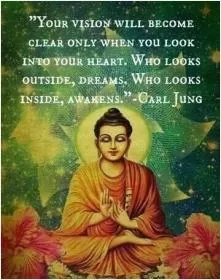
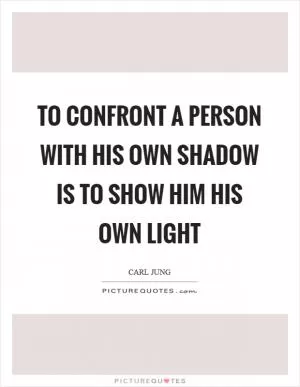
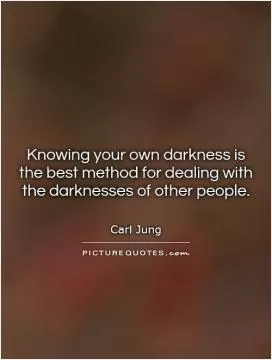
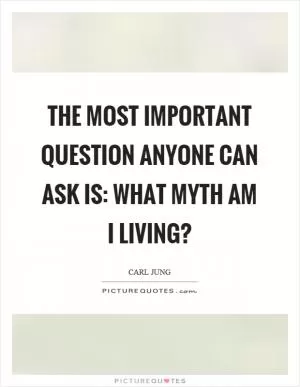
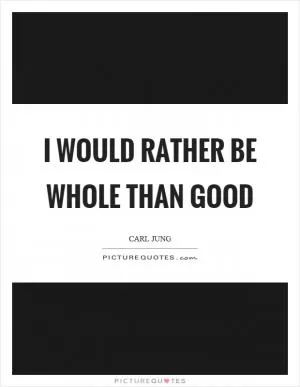
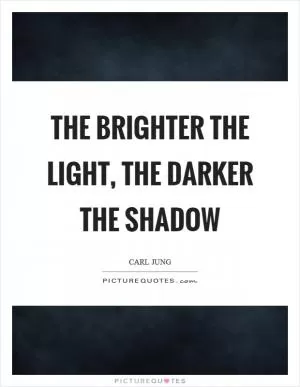
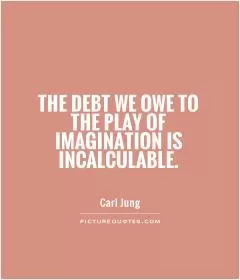
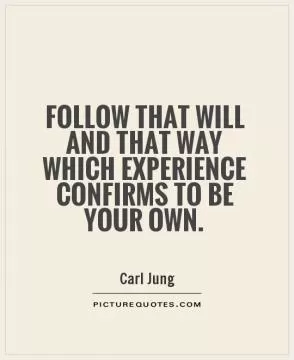
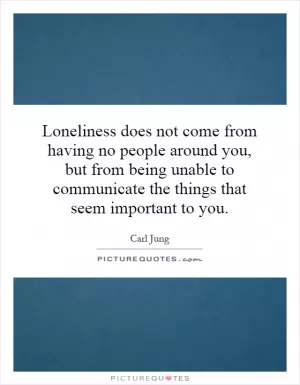
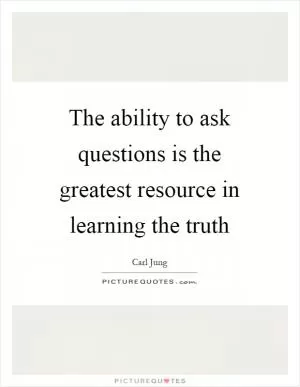
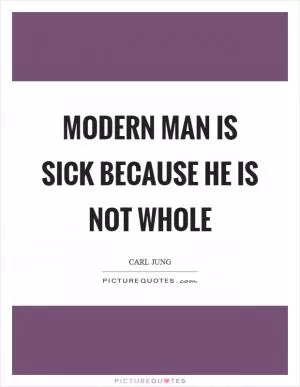
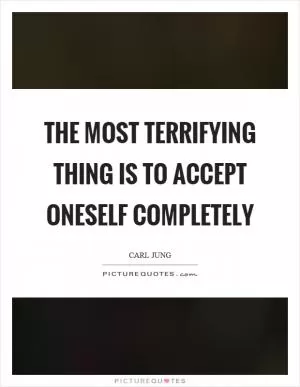
 Friendship Quotes
Friendship Quotes Love Quotes
Love Quotes Life Quotes
Life Quotes Funny Quotes
Funny Quotes Motivational Quotes
Motivational Quotes Inspirational Quotes
Inspirational Quotes